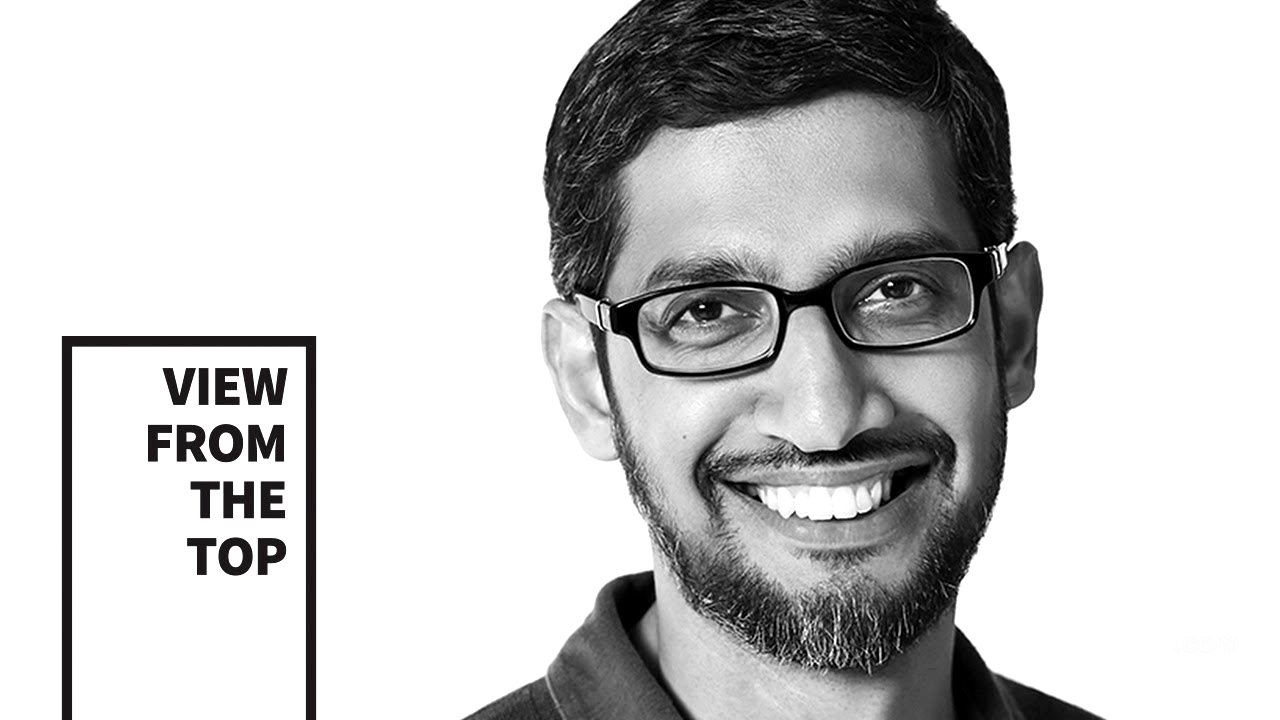TLDR;
This video features an interview with Sundar Pichai, CEO of Google, at Stanford Graduate School of Business. The interview covers a wide range of topics, including Pichai's personal journey, Google's culture and growth, the future of AI, and the company's commitment to social responsibility. Pichai emphasizes the importance of innovation, transparency, and employee voice in driving Google's success. He also discusses the company's efforts to address challenges like climate change, digital skills gaps, and the responsible development of AI.
- Pichai shares his personal story, highlighting his early experiences with technology and his decision to leave academia for the tech industry.
- He discusses Google's culture of optimism and innovation, and the challenges of scaling a company while maintaining its core values.
- Pichai emphasizes the importance of AI and its potential to transform various sectors, but also stresses the need for responsible development and ethical considerations.
- He addresses Google's commitment to diversity, equity, and inclusion, and the company's efforts to promote these values through its products and initiatives.
- Pichai discusses Google's approach to hybrid work and its commitment to providing employees with flexibility and agency.
- He highlights Google's response to the Ukraine refugee crisis and the company's broader commitment to social responsibility, including investments in Africa and digital skills training.
- Pichai emphasizes the importance of sustainability and Google's goal of becoming carbon free by 2030.
- He concludes by sharing his personal motivations and leadership advice, emphasizing the importance of authenticity and making decisions that benefit others.
Early Life and Career [0:28]
Pichai shares his personal story, highlighting his upbringing in India with limited access to technology. He describes how early experiences with technology, like the rotary phone and the internet, had a profound impact on him. He also discusses his education at IIT and Stanford, and his decision to leave academia for the tech industry. Pichai explains that he was drawn to Silicon Valley because of its focus on semiconductors and the rapid pace of technological innovation. He also mentions that he was influenced by Negroponte's "One Laptop Per Child" project, which inspired his commitment to making technology accessible to everyone.
Google's Culture and Growth [10:49]
Pichai discusses Google's culture and the challenges of scaling a company while maintaining its core values. He describes Google as an optimistic and innovative place, where employees are encouraged to share ideas and take risks. He acknowledges that scaling a company can lead to conservatism, but emphasizes the importance of preserving the company's culture of innovation and rewarding effort, not just outcomes. Pichai also discusses the challenges of maintaining transparency and context as a company grows, and the importance of organizing teams in a way that allows for independent work and coordination when needed.
The Future of AI [14:07]
Pichai discusses the importance of AI and its potential to transform various sectors. He highlights Google's commitment to AI and its application across all of the company's products. Pichai acknowledges the potential risks associated with AI, but emphasizes the need for responsible development and ethical considerations. He discusses Google's AI principles and its commitment to open-sourcing technology and collaborating with academic institutions and governments to ensure the ethical development of AI.
Diversity, Equity, and Inclusion [21:56]
Pichai discusses Google's commitment to diversity, equity, and inclusion. He highlights the company's response to the racial equity moment following the murder of George Floyd, and its commitment to improving leadership representation from underrepresented groups and driving improvements in its products. He cites the example of Google's "Real Tone" camera technology, which aims to capture all skin tones more inclusively. Pichai emphasizes the importance of scaling access to technology for underrepresented groups and the role that Google can play in achieving this goal.
The Future of Work [23:39]
Pichai discusses Google's approach to hybrid work and its commitment to providing employees with flexibility and agency. He emphasizes the importance of in-person connections, but believes that these can be achieved in a more purposeful way that allows for greater flexibility. He describes Google's three-two hybrid work model and its support for fully remote employees. Pichai also highlights the company's efforts to recruit diverse talent in new locations, such as Atlanta, Chicago, and DC, and the role that flexibility can play in supporting the participation of women in the workforce.
Social Responsibility [27:13]
Pichai discusses Google's commitment to social responsibility, highlighting the company's response to the Ukraine refugee crisis and its broader investments in areas like Africa and digital skills training. He explains that Google's approach to social responsibility is guided by its mission to provide universal access to information and its desire to make a positive impact on the world. Pichai emphasizes the importance of choosing areas where Google can add unique value and leverage its strengths to address global challenges.
Sustainability [31:32]
Pichai discusses Google's commitment to sustainability and its goal of becoming carbon free by 2030. He clarifies that Google has been carbon neutral since 2007, but the new goal aims to eliminate carbon emissions entirely, rather than relying on offsets. Pichai highlights the challenges of achieving this goal, which will require significant investment in new technologies like carbon capture and energy storage. He expresses excitement about the opportunity to leverage technology to address climate change and drive progress in this area.
Motivations and Leadership Advice [33:21]
Pichai shares his personal motivations and leadership advice. He emphasizes the importance of authenticity and making decisions that benefit others. He describes his experience as a leader and the importance of making tough decisions that unlock progress for the organization. Pichai also shares his belief that most decisions are inconsequential in the long run, and that it's important to learn from mistakes and keep moving forward. He concludes by emphasizing the importance of watching the next generation blossom and the inspiration he draws from their potential to make the world a better place.









